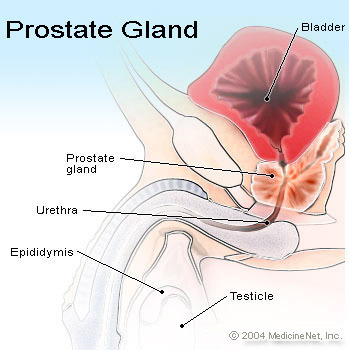
Also, cancer specialists are hoping to develop an ?electronic nose? to detect tumours, based on dogs? extraordinary ability to smell hidden cancers that their owners are totally unaware of.
So, how exactly can owning a pet boost your health?
Simply stroking a dog can have a powerful pain-relieving effect.
Researchers at Loyola University in Chicago found patients who had undergone joint-replacement surgery were able to halve the amount of painkillers they needed if they were able to pet a dog.
Patients reported major improvements in their emotional and physical wellbeing when an animal was around.
It?s not clear whether the dog acts as a diversion from pain or that the act of stroking somehow dampens down pain signals reaching the brain.
Similar research at Warwick University has found that having a dog or cat helps women beat the pain and fear of breast cancer.
Mental health is probably where the evidence to support the benefits of pet ownership is strongest.
A study carried out in the late Nineties showed it could have a significant impact on depression. Researchers at the University of California in Los Angeles tested the theory by studying the interaction between men who had Aids and dogs.
Male Aids patients who didn?t own a pet were about three times more likely to report symptoms of depression than men who did not have the disease. Depression rates among men with Aids who owned a pet were much lower. they were only about 50 per cent more likely to have mental health problems than men without the disease.
High blood pressure is a major risk factor for heart attacks and strokes.
Commonly prescribed drugs known as Ace inhibitors are very effective at keeping it under control. however, they cannot stop blood pressure going up when the body is under stress. That?s where dogs and cats come in.
Research carried out among New York City stockbrokers with high blood pressure showed readings were much more likely to remain stable during stressful periods if the high-flying financiers had a pet they could bond with, especially if they were single.
Researchers concluded: ?This study shows that if you have high blood pressure, a pet is very good for you when you?re under stress and pet ownership is especially good for you if you have a limited support system.?
Exercise is crucial in the fight against childhood obesity. One of the biggest advantages of owning a dog is the ?enforced? exercise that comes with having to take it for regular walks.
British scientists studied 78 inner-city primary schools in England and found children in homes with dogs were more active than those without.
Using a sample of more than 2,000 nine and 10-year-old children from London, Birmingham and Leicester, they found one in 10 lived in a household with a dog.
The study measured the number of steps walked and time spent in light or moderate to vigorous physical activity and found a dog not only helped children stay fit but reduced their long-term risk of obesity and diabetes.
A US study in 2008 found owning a cat could slash the risk of heart attacks and strokes by up to 40 per cent.
Doctors at the University of Minnesota admitted they were surprised after they tracked 4,500 people and found significantly higher death rates from heart disease among those who did not have a cat.
Although previous studies had found health benefits among dog owners who walked their pets regularly, there had been little evidence to suggest cat-lovers got the same advantage.
It?s thought that stroking a pet as it sits on your lap can cut levels of stress-related hormones in the blood. Prolonged exposure to raised levels of these hormones is known to raise the risk of heart disease.
Visiting pets have become a popular event for the elderly in many nursing and residential homes across the UK in recent years.
There is solid science to back up the effects they can have. As early as 1993 French scientists found contact with pets helped agitated Alzheimer?s patients become much calmer and in some cases allowed nursing staff to reduce the amount of sedatives used.
In a report in medical journal The Lancet, the French researchers wrote: ?A particularly agitated patient, who would spend the whole day pacing to and fro, would stop to caress a cat for a whole hour.?
Owning a cat or a dog can lower the risk of non-Hodgkin?s lymphoma, an aggressive type of cancer, by nearly a third. Potentially fatal, it affects about 9,000 people a year in the UK.
Owning a pet may help protect against cancer by aiding the immune system. Non-Hodgkin?s lymphoma strikes the lymphatic system, a network of vessels and glands that transports infection-fighting white blood cells round the body.
Yet pet owners are almost 30 per cent less likely to get it than those who have never kept animals. Researchers found the longer the family had kept pets, the greater the protection against the disease.
Dogs have a sense of smell said to be 100,000 times more sensitive than that of a human. That gives them an extraordinary ability to detect changes in the body we are unaware of.
Last year, French scientists found dogs could tell which men had hidden prostate cancer just by smelling samples of their urine. they did so by recognising the scent of a particular molecule produced by the cancer cells.
Other research suggests dogs can smell if their owner has a malignant mole and even detect the presence of lung tumours in a person?s breath. Scientists believe cancer cells emit volatile organic compounds in urine which only dogs can smell.
The breakthrough could lead to a new test to detect prostate cancer before a man develops any symptoms. Nearly 32,000 cases of prostate cancer are diagnosed every year in the UK and 10,000 men die from it.